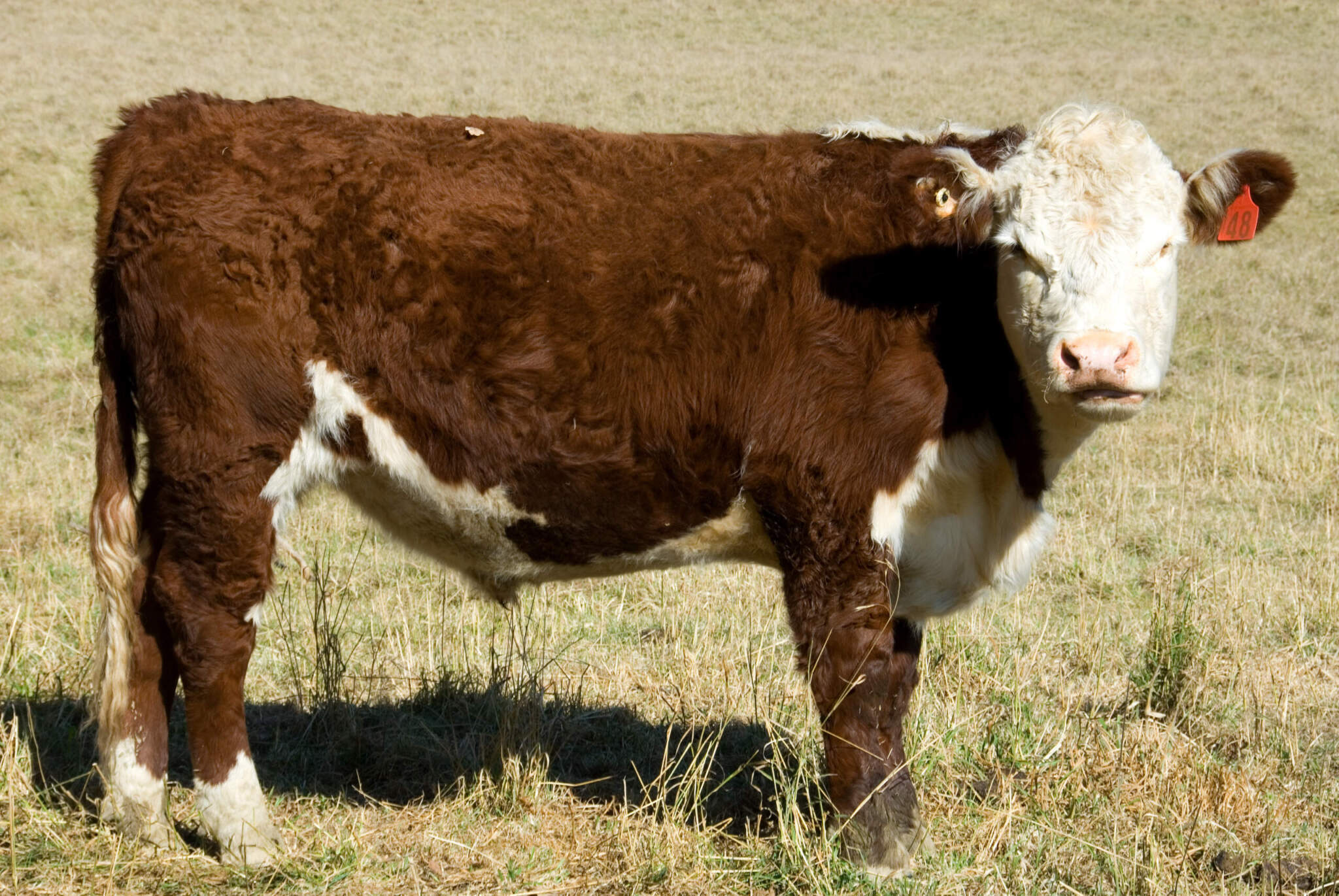For Immediate Release: November 9, 2023
Contact: R-CALF USA CEO Bill Bullard
Phone: 406-252-2516; r-calfusa@r-calfusa.com
Please find below R-CALF USA’s weekly opinion/commentary that explains how globalism and global governance is impacting U.S. cattle producers. It is in three formats: written, audio and video. Anyone is welcome to use it for broadcasting or reporting.
Big Brother Doesn’t Live Here
Commentary by Bill Bullard, CEO, R-CALF USA
If there’s anyone out there who doesn’t think that plans are well underway to control and manipulate what you do and to surveil you while you’re doing it, please take a probing look as to what’s already happening today. And when you do, you must cease your silence.
So let’s identify who or what it is that is implementing these control/manipulate/surveil plans. We’ll start with defining globalism. Merriam-Webster defined it this way: “a national policy of treating the whole world as a proper sphere for political influence.”
But this definition is lacking as it speaks only to how a single nation would engage in globalism when implementing domestic policies – it would view its policies as having an impact beyond its borders. That doesn’t sound too bad.
But what about global governance? If a nation subscribes to global governance, then isn’t it more likely to accept, if not acquiesce, to policies enacted globally (meaning somewhere else) and wouldn’t doing so mean that the acquiescing nation believes it proper to be under the political influence of someone or something else?
Well, in fact, the Global Challenges Foundation states that, “Global governance can be understood as a framework of institutions, rules, norms, and procedures that facilitate collective action and co-operation among countries and other actors.”
And now it gets interesting. Neither definition discloses who or what it is that is driving globalism or who or what it is that is attempting to subject the world and all its citizens to global governance.
But the last definition gives us a hint: it states the collective action and cooperation embodied in global governance is among countries and other actors.
And it’s the “other actors” that we need to focus on. It’s not hard, the World Bank didn’t name itself by accident. Big Pharma’s Pfizer didn’t earn its record $100 billion in revenues in 2022 by letting some global institution tell it where and how to manufacture pharmaceuticals and where to sell them. And JBS, the world’s largest meatpacker, which claims to provide more than 206 million 4 oz. servings of protein to families in more than 100 countries around the world every single day, doesn’t let some global institution tell it how to run its global business either.
It seems clear to me that it is the transnational corporations like these that have convinced both big and little governments to cooperate in the development of global policies that help these transnational corporations gain more power, money, and dominance over the everyday lives of all of us.
And to do that they form other global entities. For example, the Global Roundtable for Sustainable Beef (GRSB) is led by global banks like Dutch-based Rabobank, global pharmaceutical companies like Zoetis, and Global beef packers like JBS. Together, these companies shape global policies that enable them to exact control over independently owned farms and ranches.
The GRSB’s goal is to put the world’s cattle farmers and ranchers on the road of continuous improvement, and to get there they support the traceability of products through the entire supply chain – meaning starting with cattle.
You see, controlling cattle in a way that enables the GRSB to measure whether cattlemen and cattlewomen are indeed on the road of continuous improvement necessitates the tracking of all their cattle from their farms and ranches through the supply chain. Only then can the transnational meatpackers make claims that the beef offered for sale was derived from farms and ranches that are in compliance with the GRSB’s environmental, social and governance standards, better known as ESG standards, which not long ago were called sustainability standards.
Look what global governance is doing to Dutch and Irish cattle producers – they’re putting them out of business in the name of achieving continuous improvement for the environment.
News reports persist that Ireland intends to cull 200,000 cows to meet new climate goals.
But how does the Irish government know that 200,000 is the right number, and where those 200,000 cows are at any point in time. Well, the answer is simple, the country has mandated electronic identification on cattle.
Big Brother is using electronic identification to measure and manage the nation’s cattle herd, it has determined just how many cattle must be purged to achieve its goal of continuous improvement, and it knows which farmers and ranchers will be required to purge their cattle because the electronic data base to which all the cows are assigned tell it so.
Don’t let this happen in the United States. Help put a stop to the U.S. Department of Agriculture’s aggressive efforts to capitulate to global governance by mandating that U.S. cattlemen and women affix electronic identification eartags to their cows.
Let independence ring! But you’ll only hear that if you end your silence and tell your members of Congress to say “No” to mandatory electronic identification of America’s cattle.
###
R-CALF USA’s weekly opinion/commentary educates and informs both consumers and producers about timely issues important to the U.S. cattle and sheep industries and rural America.
Ranchers Cattlemen Action Legal Fund United Stockgrowers of America (R-CALF USA) is the largest producer-only trade association in the United States. It is a national, nonprofit organization dedicated to ensuring the continued profitability and viability of the U.S. cattle and sheep industries. For more information visit www.r-calfusa.com or call (406) 252-2516.






